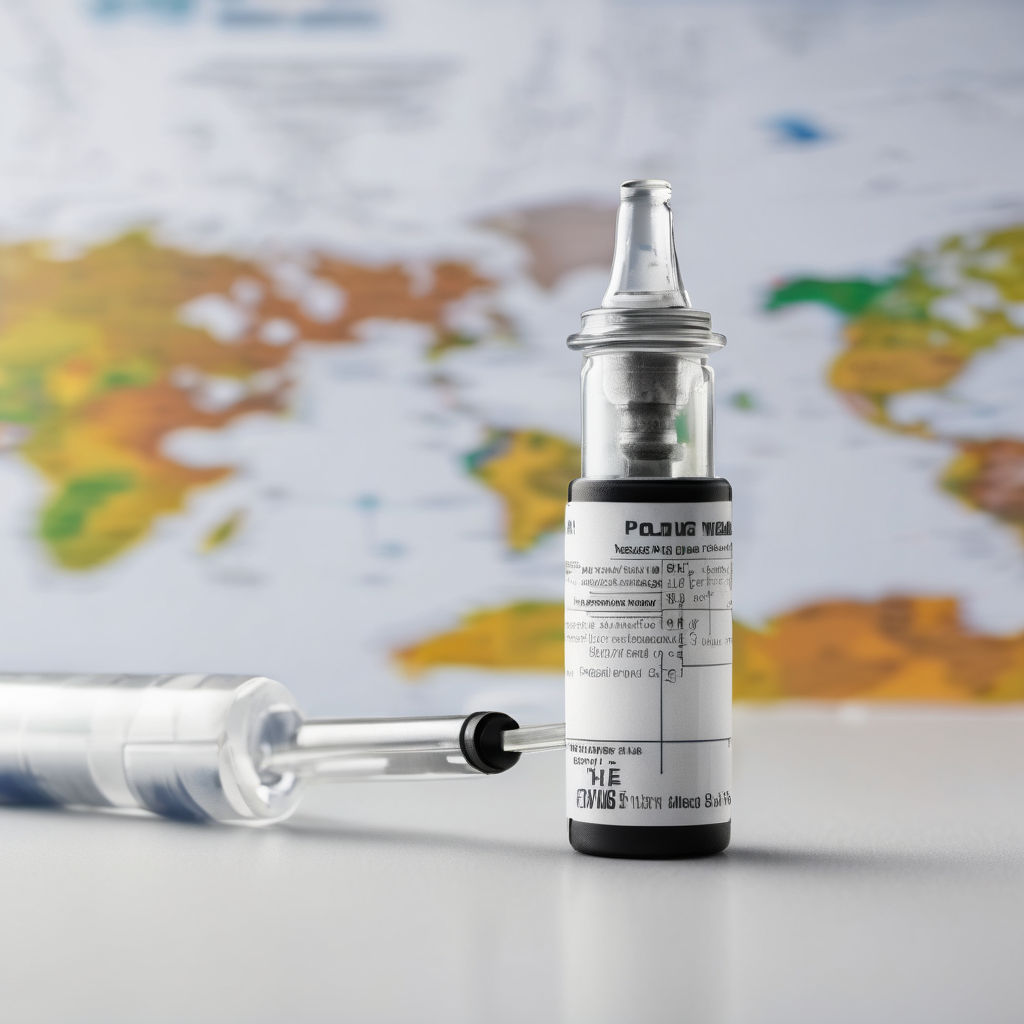Global health officials affirmed on Tuesday that the eradication of polio remains achievable, despite facing significant funding cuts. The Global Polio Eradication Initiative (GPEI), in partnership with the World Health Organization (WHO) and the Bill and Melinda Gates Foundation, is bracing for a 30% budget reduction in 2026 and is confronting a daunting funding gap of $1.7 billion through 2029.
This funding shortfall is primarily attributed to a global decline in foreign aid, prominently influenced by the United States’ withdrawal from the WHO. The U.S. decision, although its specific future contributions to polio eradication remain undecided, is part of broader cuts from other wealthy nations like Germany and the United Kingdom.
To navigate this financial hurdle, GPEI plans to intensify its focus on surveillance and vaccination efforts in high-risk regions where polio transmission is most likely. The initiative also aims to enhance collaboration with other global health initiatives, including measles campaigns, and implement strategies such as fractional dosing of vaccines. This approach uses smaller doses to extend vaccine supplies while still providing necessary protection to children against polio.
As the campaign to eliminate polio has progressed substantially over recent decades—with vaccination efforts starting in 1988—the disease has been particularly stubborn to eradicate. The first missed target date for complete eradication was in 2000. Currently, only Afghanistan and Pakistan remain endemic for wild polio, with 36 cases reported in those countries in 2025. There have also been 149 cases of the vaccine-derived strain in various nations, including Nigeria, this year alone.
Public health experts acknowledge the challenges posed by the disease’s often asymptomatic transmission, which complicates tracking methods. Nevertheless, advocates stress the importance of continuing efforts to eliminate polio, emphasizing that halting these initiatives would be counterproductive given the progress made thus far.
In a related context, the WHO has noted the resurgence of vaccine-derived polio cases in nations like Papua New Guinea, where the country’s immunization coverage is critically low, leading to public health concerns. This situation underscores the pressing need to bolster vaccination efforts across both endemic and at-risk areas.
As global health officials adapt to funding challenges, they express hope that ongoing commitment and collaboration can lead to renewed success in the fight against polio and other vaccine-preventable diseases, ultimately protecting vulnerable populations worldwide.
